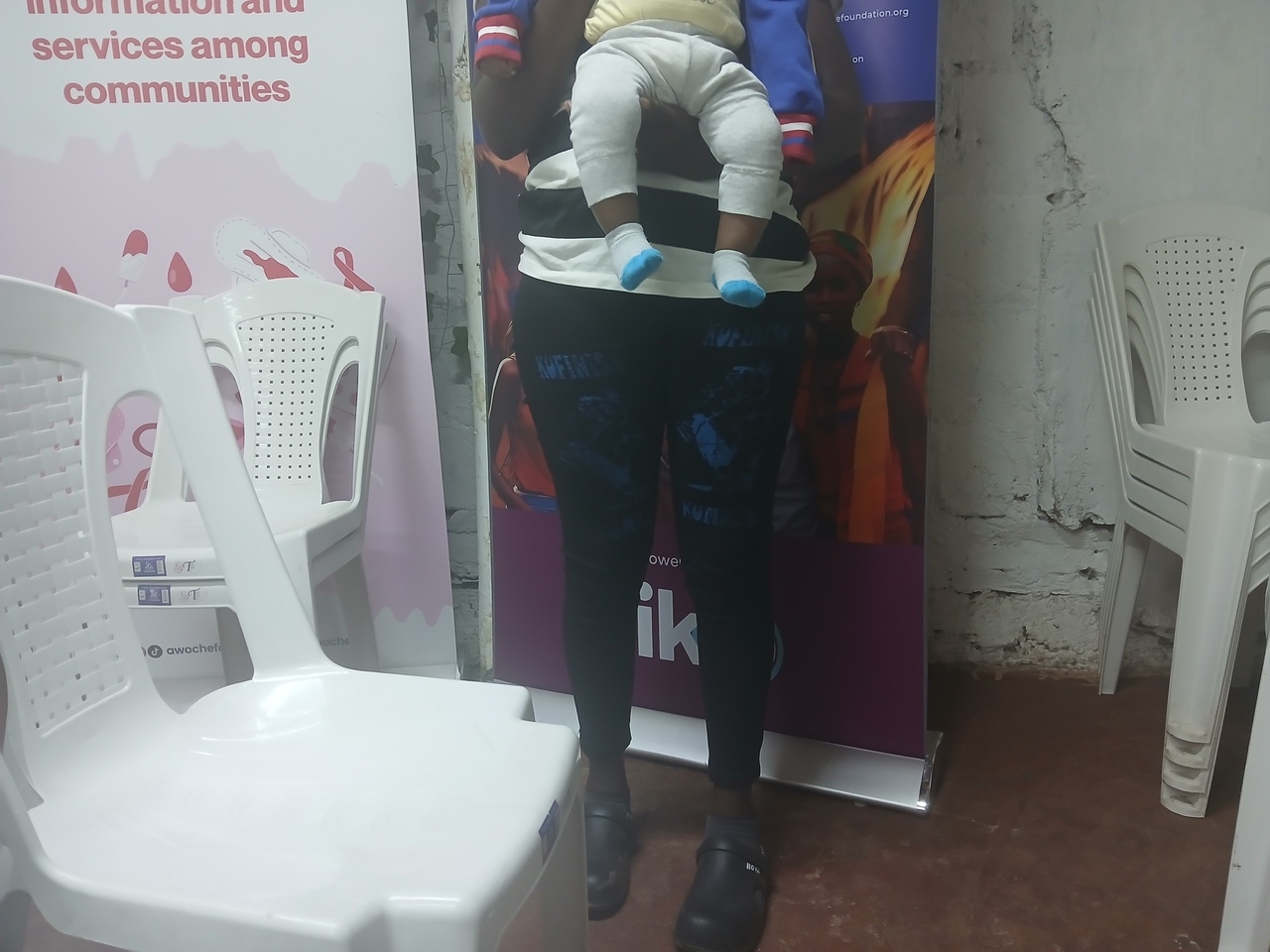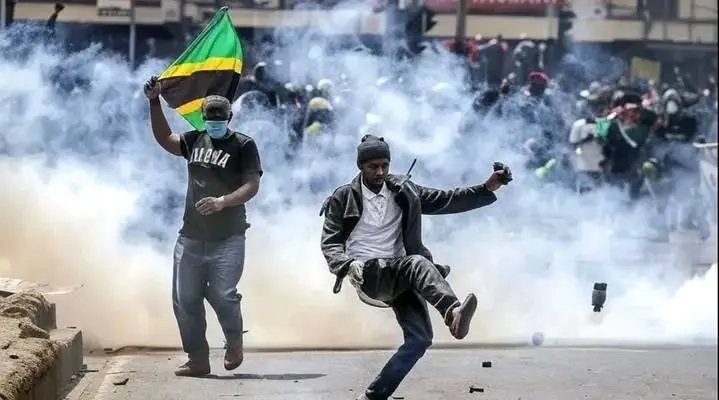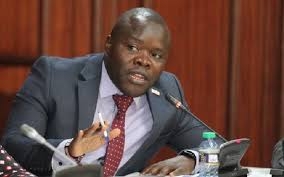The fate of patients in the country remains unknown as the standoff between the government and the healthcare workers continues to deepen.
The crisis in the health sector is expected to move from bad to worse from Monday as doctors join nurses and clinical officers in the industrial action.
The doctors have similar demands with those already on strike—better working conditions, medical and insurance cover, hiring of more healthcare workers and provision of quality and adequate personal protective equipment.
The strike by nurses and clinical officers enters its third week on Monday, with numerous meetings between the unions and the government failing to bear any fruit.
With the latest development, Kenyans in need of specialised care will have to resign to fate as medical specialists, pharmacists, dentists and medical officers will be nowhere near their workplaces.
Others who will take part in the strike include medical superintendents, county directors of health, doctor administrators, subcounty medical officers and interns in the medical field.
“The Kenya Medical Practitioners Pharmacists and Dentists’ Union wishes to inform members of the public that doctors will withdraw their labour in accordance with Article 41 of Kenyan Constitution,” the union said in a statement.
“This is due to unresolved issues after eight months of engagement between KMPDU and the government and lapse of 21 days strike notice issued on November 16 and suspended for an additional 14 days."
Remarks by Health CS Mutahi Kagwe in Murang'a are believed to have angered the health workers who termed them insensitive and irresponsible.
Kagwe on Friday ordered striking healthcare workers to go back to work or be fired, a statement that has attracted sharp criticism from both the healthcare workers and the general public.
Kagwe said the courts had stopped the strike to make room for negotiations, adding that some of the issues raised are legitimate and the government has put in place measures to ensure they are resolved.
“We are asking all the striking health workers to go back to their workstations and avoid being a statistic of the people who will be looking for jobs come January,” Kagwe said.
The CS has now directed the county governments to advertise posts of those who decline to resume work, urging more than 8,000 unemployed nurses to apply.
“The counties should start recruiting new health workers to replace the ones on strike. If the striking workers continue being adamant the nurses who are at home without jobs should be employed. No health services are being delivered in many hospitals and Kenyans are really suffering,” he said.
Kenya Union of Clinical Officers secretary-general George Gibore, however, maintained the court order in question affects only healthcare workers under the national government who have been on strike since November 29.
More than 2,000 public health workers went on strike over failure by the national government to address their grievances regarding promotions and re-designations.
"If that one has not been addressed and you are ordering people to go back to work, there is no way they will force people to go back to work. We were in a meeting even today but we never agreed on anything,” Gibore said.
The decision by the doctors to join the strike was arrived at by the National Advisory Council.
“This is the level of insensitivity and arrogance healthcare workers have to deal with, raising grievances on your welfare and safety is a crime. The appreciation to healthcare workers in the country is illaudable. Well, the government should sack all healthcare workers next week,” KMPDU secretary general Chibanzi Mwachonda said.
The Council of Governors, for its part, called on the striking unions to resolve their grievances with respective counties. CoG chief executive Jacqueline Mogeni said county governments had yet to receive their monthly allocation for October, November and December, amounting to more than Sh60 billion.
“Some counties have had to take bank overdrafts to ensure that at least salaries are paid on time. But this cannot cover statutory remittances because of their huge monetary implications,” Mogeni said.
To date, at least 2,800 healthcare workers have contracted the virus. Some 13 doctors, nine clinical officers and 29 nurses have also succumbed to the disease.
















